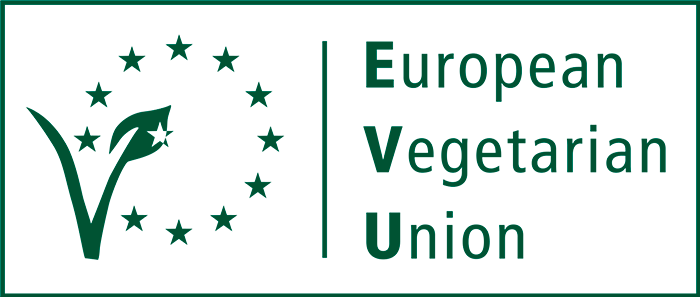Belgium Updated Dietary Guidelines
On June 17th, Belgium’s Superior Health Council released its updated dietary guidelines. While the core recommendations remain largely unchanged, the update includes interesting additions, such as a stronger emphasis on increasing legume consumption and a new chapter addressing ultra-processed foods. The guidelines regarding meat intake remain the same. The updated advice was published alongside a new study revealing that only a small fraction of Belgians currently meet these dietary recommendations.
The Current Belgian Diet
Belgium’s public health institute Sciensano recently published data highlighting the need for dietary reform. The findings point to insufficient intake of fruits and vegetables, with only 7% of adults meeting vegetable consumption targets and just 10% reaching recommended fruit intake. Meanwhile, 91% of Belgians exceed the recommended consumption of charcuterie and processed red meats, despite mounting evidence linking these products to serious health risks.
Researcher Isabelle Moyersoen from Sciensano underscored the severity of the issue, noting not only the overconsumption of meat but also high levels of alcohol and sugary drink intake. While some population segments such as women, those with higher education levels, and residents of Flanders—show greater adherence to dietary recommendations, these positive trends remain insufficient to drive systemic change.
Core Directives from the High Council of Health
The new recommendations place importance on both health outcomes and ecological sustainability. The core recommendations are as follows:
– Reduce red and processed meat consumption. Intake of red meat should not exceed 300 grams per week, while processed meat should be avoided altogether when possible (maximum 30gram per week). This aligns with World Health Organization (WHO) classifications of processed meat as a Group 1 carcinogen.
– Prioritise plant-based protein sources. Legumes (such as lentils, chickpeas, and beans), tofu, tempeh, nuts, and seeds are encouraged as daily staples due to their nutritional density and low environmental impact.
– Ultra-processed foods should be avoided, although the guidelines don’t make a distinction between different classes of UPF’s, such as plant based burgers.
“These guidelines are a step in the right direction,” says Vincent Smets, policy officer at ProVeg Belgium, “This demonstrates the increasing support our work receives from scientifically credible institutions.”
Scientific and Policy Rationale Behind the Shift
The updated guidelines are grounded in an extensive evidence base linking dietary patterns to non-communicable diseases (NCDs) and climate change.
From a public health perspective, diets high in red and processed meats are associated with elevated risks of cardiovascular disease, type 2 diabetes, and certain type of cancer. In contrast, plant-rich diets provide greater intake of fiber, antioxidants, and essential micronutrients that support long-term health.
From an environmental standpoint, reducing meat consumption is among the most impactful individual actions to curb greenhouse gas emissions, biodiversity loss, and water overuse. The shift to plant-based proteins contributes directly to the EU’s commitments under the Paris Agreement and supports the climate goals set out in the Green Deal.
Implementation Support and Public Engagement
Transitioning to plant-forward eating habits requires policy support, public awareness and behavioural nudges. Organisations like EVU and ProVeg are playing a key role by offering clear and practical models for the plant-based transition. Their work supports individuals, public institutions and governments to turn nutritional recommendations into everyday practices.
This article is a guest post by EVU Member, Proveg Belgium.


